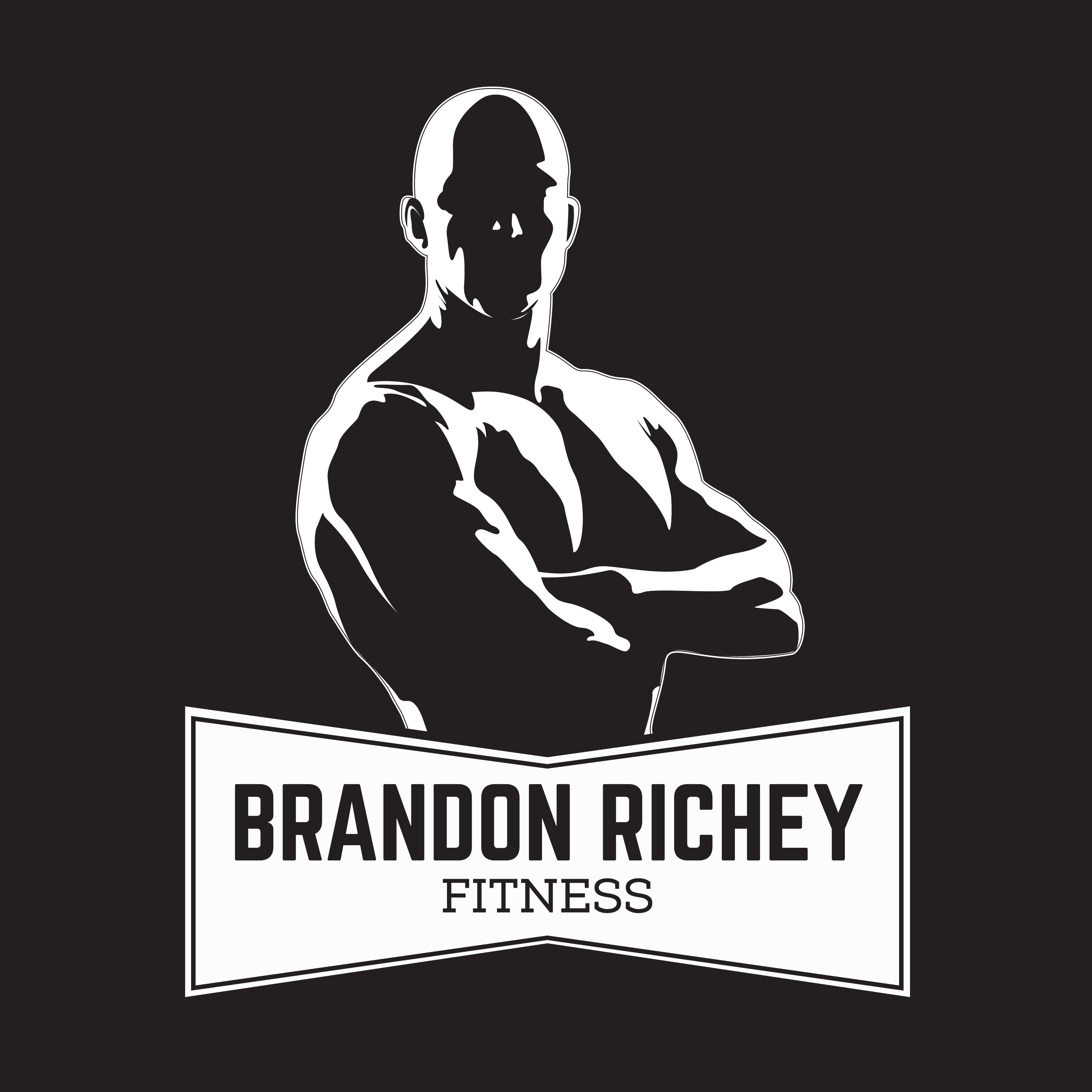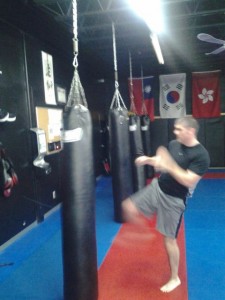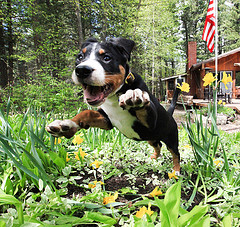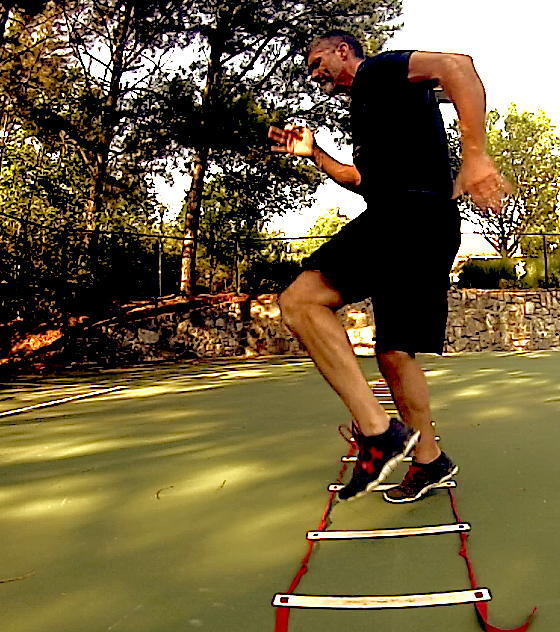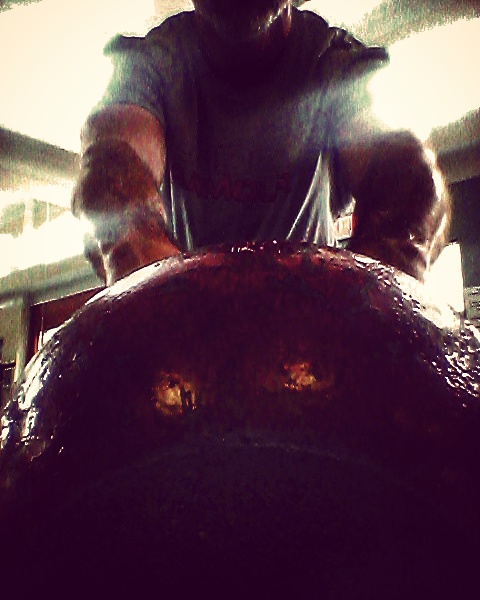
Quality Traits: The Professional Coach vs. The Amateur Coach
Today I think it’s worth examining what quality traits to look for in various coaches and trainers. After all, in today’s fitness arena we’re bombarded with readily available information and resources at the click of a button and many people put a great deal of faith in these online coaches and training resources simply because of their notoriety. So with that being said what do we look for in a quality coach? Read on my young Jedi to explore this question a bit further.
The Amateur Coach
Not to get too political, or too economical, but the free market is a great thing. The thing about the free market is that it allows for you to make choices and choices are always a good thing…particularly if you are making smarter ones.
The only downside is that if you don’t understand how to make wise choices you can leave yourself open to disappointment with the loss of money and the lack of results. This is why I want to talk about what type of traits to look for to identify a more amateur coach/trainer.

First of all, it goes without saying that education and experience are a big plus, but beyond that you also need to understand what “you” want. If you expect to go out and hire for a Wal-Mart type of deal for training then you may be able to find this rather easily with an amateur. If we’re just looking solely for good deals then there are a ton of deals on training that you can shop around for and get with pretty much any run of the mill trainer at your local health club gym.
This is common because most of these initial amateur and novice trainers will tend to take the quick weekend certification course with minimal investment of their own. Because they aren’t going to have much invested of their own they’re probably not going to demand a great investment from you.
Now I’m not trying to go out on a bashing spree with amateur trainers. Understand that my criticism isn’t geared towards someone starting out and learning in the field. My criticism is just more directed at the trainer that is just looking for something with a part-time paycheck without a lot of consideration to what’s best for their future trainees. Unfortunately this trait is more common than you may think.

It essentially boils down to the fact that you will get what you pay for. Granted going out and throwing money at a problem isn’t always the answer either, but to find a quality coach you’re going to have to consider not always trying to rely on that Wal-Mart, or Groupon type of deal.
The Professional Coach
To piggy back off of my last point I don’t want you thinking that you have to go out and break the bank either. After all, your health and performance should be viewed as your top priority, but it should be a priority that is treated as an investment that you are willing and able to make.
After all, the best trainers which have managed to survive in the fitness business are typically able to pay their bills for a reason. In other words, they’re able to charge a going rate that sustains their survival in the business either by leveraging volume of training clients, or by tapping into a higher status of clientele.

Another good indicator of a professional coach is how well they communicate. Communication is vital in life, but when it comes to coaching it’s absolutely how a true professional goes about making his or her living. A good example of this involves how well a coach goes about cuing.
Cuing is basically a tactic that a coach uses to communicate how to carry out more complex movements with directions that simplify the process for the trainee. This is done by relating it to a concept that a trainee can visualize and internalize in order to apply for effective execution.

The ability of a coach to do this well is one sign of a true professional. Cuing that is done well is something that takes years of experience to which a coach has figured out how to communicate with a variety of trainees. This is certainly another sign of a true professional that understands movement and how to communicate the execution of a given movement from person to person.
The truth is that you’re going to be able to find an amateur, or less experienced trainer/coach a lot easier than you will be able to find a high level professional simply due to the difference in numbers. There just aren’t quite as many high level professionals, but if you spend the time searching you’ll start finding them.
Chances are most of these coaches are going to be self-employed and work independently. This is another sign of a higher quality professional. Look at it this way…Anyone that is willing to be independent and work in their craft to be in business for themselves is going to be far more likely to be prepared to do a good job, because their survival depends on it.
I hope you found today’s post to be helpful especially if you’re considering making the investment in hiring your own coach. What do you think? How do you vet and research before making a hire? Feel free to post up in the comments here below. Stay strong!
Related Articles:
Everyone’s A Fitness Expert: Why Operation Is Untrusted In The Fitness Industry
Devolving Strength: The Lost Meaning Of Earning
The Mental Edge: Beating The Doubt Monster & Blazing Your Own Trail
Get Free Updates And Training Guides Here
